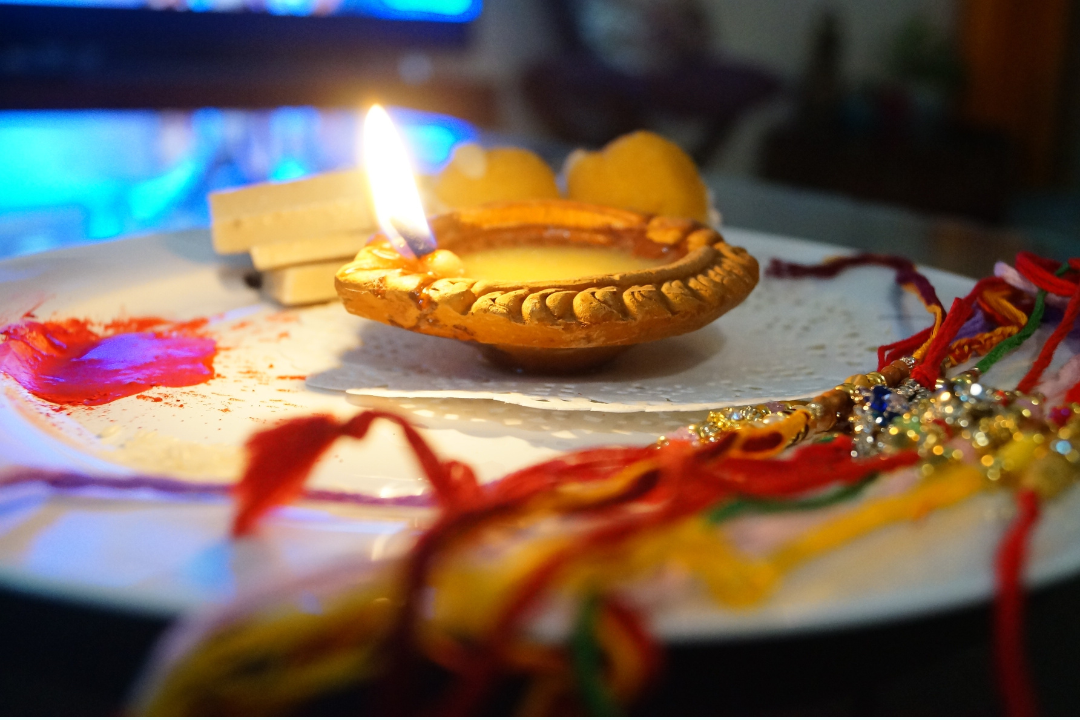Introduction
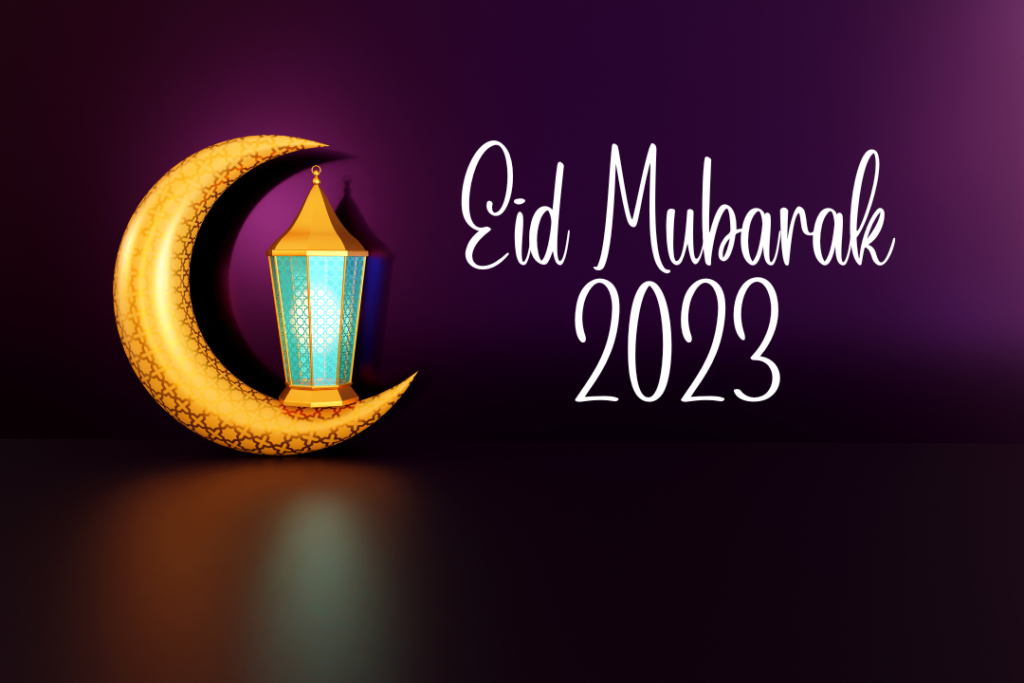
Eid e Milad, also known as Mawlid al-Nabi, is a significant Islamic celebration that marks the birth of the Prophet Muhammad. This joyous occasion is observed by Muslims around the world with enthusiasm and devotion. In this article, we will delve into the history of Eid e Milad, exploring its origins and understanding its deep significance in the Islamic faith.
The Birth of the Prophet
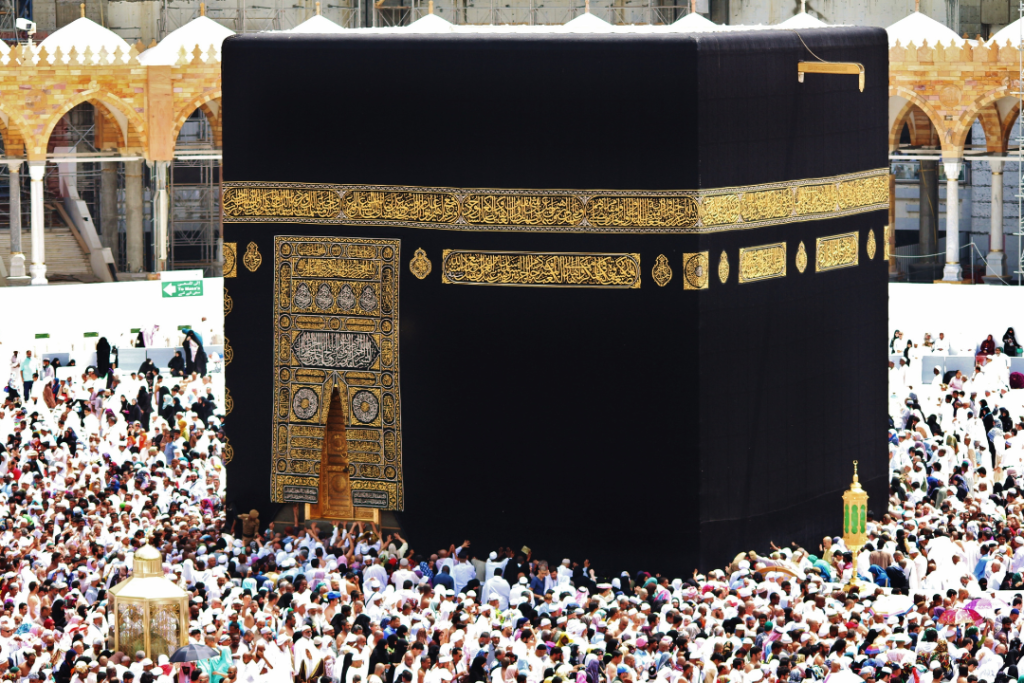
The history of Eid e Milad begins with the birth of the Prophet Muhammad. Born in the city of Mecca in the year 570 CE, the Prophet’s arrival was a momentous event. His birth not only brought light to his family but also to the entire world.
The Year of the Elephant
The Prophet Muhammad’s birth took place during the “Year of the Elephant,” a year that holds great historical importance in Islamic tradition. It is named after the failed invasion of Mecca by Abraha, who led an army that included war elephants. According to Islamic belief, the Kaaba, the holiest site in Islam, was miraculously protected from this invasion.
Celebration of Eid e Milad
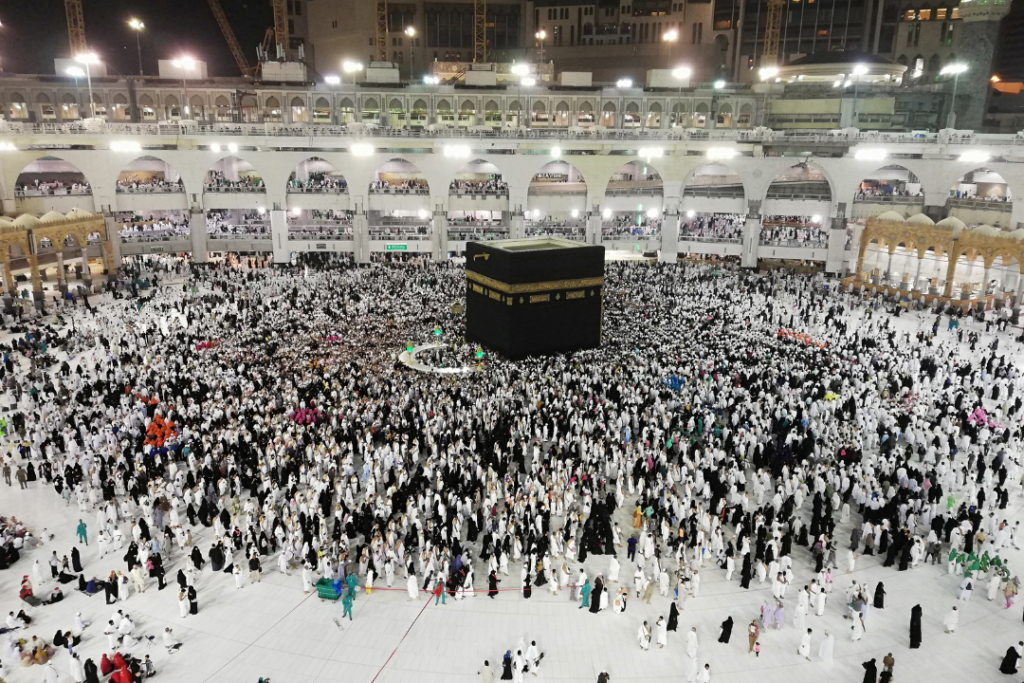
Eid e Milad is a day of celebration, and it is observed on the 12th day of Rabi’ al-awwal, the third month in the Islamic lunar calendar. Muslims gather at mosques and homes to commemorate the Prophet’s birth.
Spiritual Reflection
On this day, Muslims engage in spiritual reflection and recite poetry and hymns that praise the Prophet’s life and teachings. It is a time to reinforce one’s faith and seek blessings.
Significance in Islamic Culture
Eid e Milad holds immense significance in Islamic culture and tradition. It serves as a poignant symbol of the significance of Prophet Muhammad in the hearts and daily existence of Muslims.
The Role Model
Muslims view the Prophet Muhammad as the ultimate role model, and his birth is a time to reflect on his teachings of compassion, mercy, and justice.
Spreading Peace and Love
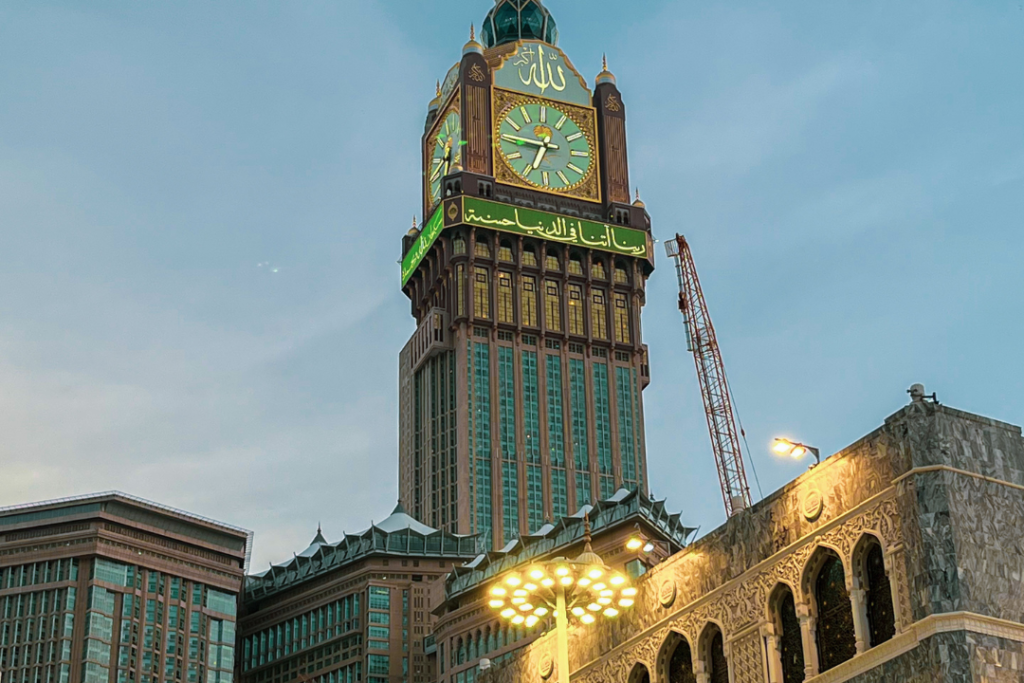
Eid e Milad emphasizes the message of spreading peace and love. Muslims are encouraged to show kindness and generosity to one another and to those in need.
The Global Observance
Eid e Milad is celebrated not only in Muslim-majority countries but also by Muslims living around the world. The diversity of traditions and customs adds to the richness of this celebration.
Cultural Variations
Different cultures have their unique ways of observing Eid e Milad, incorporating local customs and traditions into the festivities.
Eid e Milad 2023 Date
The date of Eid-e-Milad varies each year in the Gregorian calendar because it is based on the Islamic lunar calendar. In 2023, Eid-e-Milad will be celebrated on the September 26-27, depending on the sighting of the moon, as Islamic months are either 29 or 30 days long. Please note that the exact date may vary from one region to another, as it depends on local moon sightings.
Conclusion
In conclusion, Eid e Milad is a celebration deeply rooted in the history and culture of Islam. It marks the birth of the beloved Prophet Muhammad and serves as a reminder of his teachings and the importance of love and compassion in the lives of Muslims. This joyous occasion brings together people from diverse backgrounds to celebrate a common faith.
“Eid Mubarak 2023! Wishing you joy, peace, and blessings on this special day
MyEkhabar Family!
Frequently Asked Questions (FAQs)
- What is the historical importance of the “Year of the Elephant” in Islamic history?
- The “Year of the Elephant” is significant because it marks the miraculous protection of the Kaaba in Mecca during an invasion led by Abraha.
- Why is Eid e Milad celebrated on the 12th day of Rabi’ al-awwal?
- This date is believed to be the birthdate of the Prophet Muhammad, and Muslims commemorate it with devotion and joy.
- How do Muslims observe Eid e Milad in different parts of the world?
- Eid e Milad is celebrated with variations in customs and traditions, reflecting the diverse cultures of Muslims worldwide.
- What is the main message of Eid e Milad for Muslims?
- The main message is to follow the teachings of the Prophet Muhammad, promoting peace, love, and compassion in their lives.
- Is Eid e Milad observed as a public holiday in every country with a Muslim-majority population?
- While it is a significant celebration, whether it’s a public holiday or not varies from country to country.




